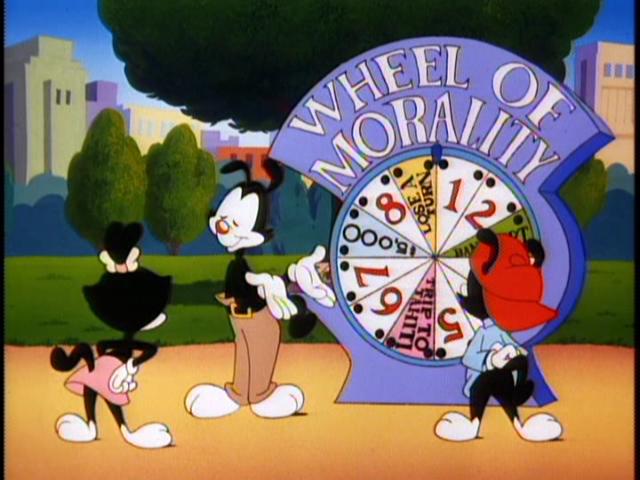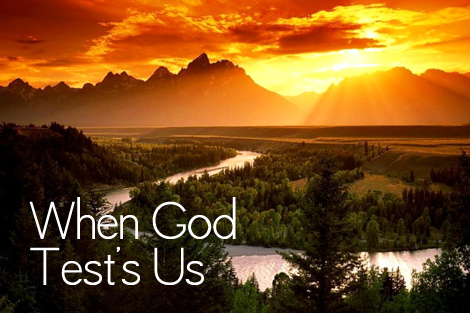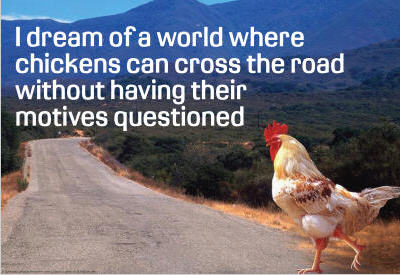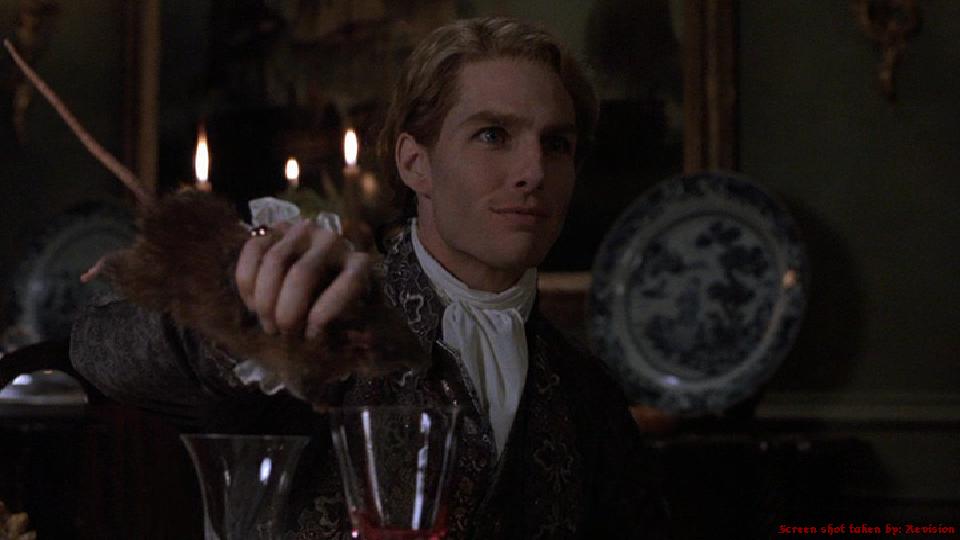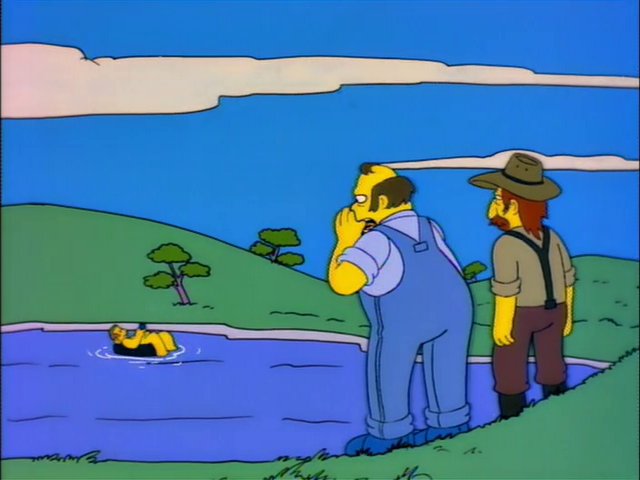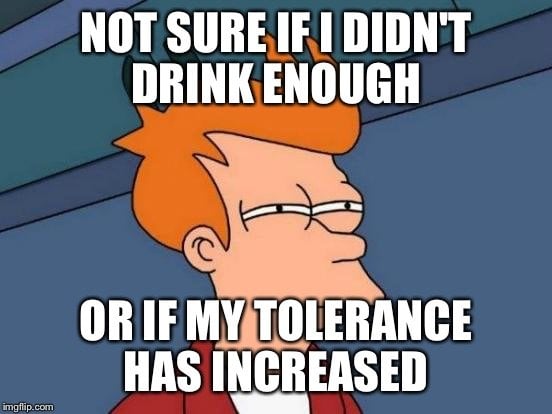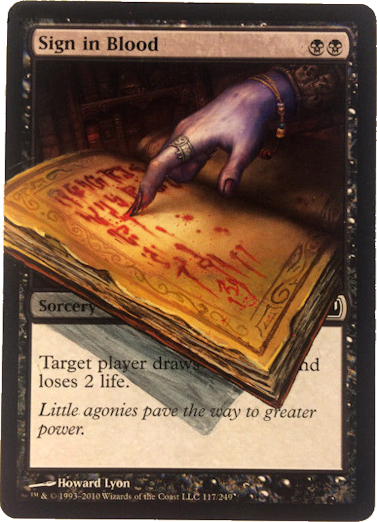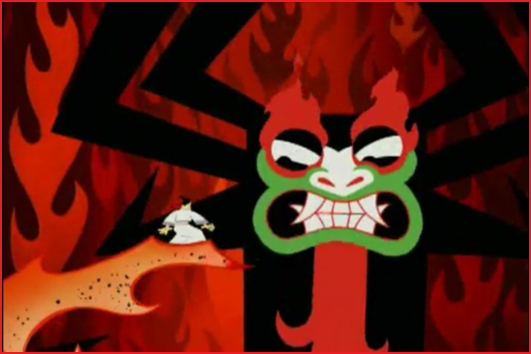Sins of the Blood

Nope.

Also not that.
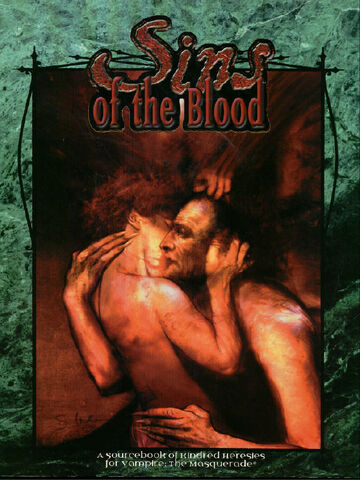
There we go.
There are actually a lot of books called “Sins of the Blood” and even more books that are named some minor variation of that. It turns out that a majority of people in North America consider themselves to be some kind of Christian and one of the pieces of available Christian theology is a thing about everyone having sins and sins being absolvable only through blood rituals. This is mostly deprecated in modern practices, which of course makes it that much juicier as a thing to reference in fiction.
If this craven disclaimer every satisfied one church lady or youth pastor that this wasn't a devil book, then good job with whoever took the “over” on that bet.Sins of the Blood, Title Page wrote:This book uses the supernatural for settings, characters, and themes. All material and supernatural elements are fiction and intended for entertainment purposes only.
Humanity was a mistake.
The mechanic at least. Jury's still out on the surviving hominids. Humanity as Vampire: the Masquerade conceived it was a finite resource that you had to deal with continually, a way to emulate the slow descent into inhumanity brought about by the Beast within, a ruler for which sins you could safely get away with.
It was, basically, a Sanity or Cyberpsychosis mechanic for vampires. The counter ticked down, and when it hit zero, you couldn't play anymore. That was supposed to be a bad thing.
In practice, Humanity was a terrible idea from the get-go. Vampires basically have to kill something to survive; most starting vampires don't have the right combination of powers or resources to get the nightly blood they need through non-violence. On top of that, most of what you want to do as a vampire involves things that make your Humanity drop; nobody wants to be the asshole that is 500 years old and survives off draining squirrels and worries that not paying taxes is equivalent to theft. The fact that Humanity was pretty explicitly based on Christianity as understood by a bunch of Southern Baptists who discovered the local Hot Topic didn't help.
One of the "solutions" was Paths of Enlightenment, which at least offered different combinations of sins so that you could hopefully find some pseudo-philosophy that matched what you were going to do anyway. These became popular enough that their use was generally expanded in Dark Ages and Revised, and that's where we get here...
So, Sins of the Blood (2001) came out after The Cainite Heresy (1999) but before Road of the Beast (2002), the first of the Road books. The Vampire writers were really playing on religion/Path as a new and largely unexplored avenue of your character, especially since religions and Paths could transcend Clan differences and offer a connection or degree of common ground with other vampires outside of the usual sectarian bullshit; coupled with the White Wolf penchant for philosophical asshole-gazing and throw in a couple new powers, this seemed win-win.
But in the middle of this, they decided they needed White Wolf's own shitty version of The Book of Vile Darkness.
This book is a deep dive on Wassails, Wights, and Suspires. If you don't know what any of those words mean, you're in good company. Indeed, those terms don't mean anything to the vast majority of people who were pretty deep into Vampire: the Masquerade. Indeed, I played LARP Vampire for a long time and had a large social group who talked about Vampire shit pretty frequently and not one person ever uttered any of those words.
Vampire: the Masquerade has a lot of made up bullshit terminology and some of it had surprising amounts of resonance, but a lot of it just didn't. Many of the themes and terms that were introduced in the original Vampire: the Masquerade went over like brussels sprout ice cream, and for the most part those segments were allowed to quietly die. Shit no one cared about just wasn't mentioned in later editions and expansions and we were all allowed to just mercifully memory hole. Like, there was supposed to be this big theme about turning back into a human in the original book but that's dumb as hell and ain't no one got time for that, and we just... stopped.
Well, in 2001, Justin Achilli has had enough of your passively ignoring setting elements that don't hold your interest and aren't remotely compatible with cooperative storytelling. He is going to make you care about these shitty themes that were supposed to be super important but instead got sidelined at literally every gaming table. You have been playing the game wrong, and Justin Achilli just got five hack writers together to spend 124 pages telling you extensively that you've been playing the game wrong.

Justin Achilli, 2001.
Spoiler alert: this didn't work at all. No one was going to play out a chronicle about skirting the edge of Wassail while people degenerated into Wights. Because that would be a shitty and depressing game. And even if they did do that, they wouldn't use that terminology, because that terminology is terrible even by White Wolf standards. When I was growing up, my mother was big into folk music. My grandfather won a Grammy for his work in anthropology (yes, really), I fucking know what wassailing actually is, and it doesn't have a god damned thing to do with a moral event horizon. We're deeply into Humpty Dumpty territory here.
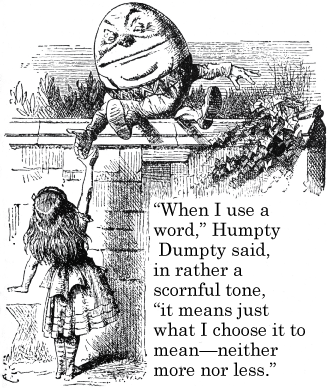
Mark Rein • Hagen, 1991.
One of the main problems with moralizing in a game about vampires, is that you are already a vampire. Being an unholy beast forsaken by men and damned in the eyes of God is the point. It's what people wanted. Yes, there were always a couple of people that wanted to mope about living forever as they popped their pimples and dared to move their hand one inch higher up somebody's thigh, but a lot of people had graduated from Interview with the Vampire to The Vampire Lestat and realized that having superpowers could be fucking fun.
But you gotta have rules.
I would say that this is because it's an RPG, but from a design perspective, you have a society of basically sociopaths. Everybody in your social circle - which isn't very fucking big to begin with - are effectively serial killers. When you get those kind of people in a room together, you need a pretty ironclad social contract. Which is why the Camarilla has Princes and Justicars and commandments and...
...why there are lines that even vampires are supposed to not cross.
Now, in a perfectly legal sense, some of this is like "Look, don't break the Masquerade or I'll break your face and then stake what's left of you and let you get some sun." Which is fair, you can see the reasoning behind that one. Don't shit where you eat.
Then there's a couple things that get more...spiritual. Like Diablerie. Don't drink another vampire's soul. Which is actually a good one: it's an action that is unique to vampires and definitely has consequences (nobody wants Final Death), and benefits (everybody wants to lower their generation). So there's a risk/reward scenario. On top of that however, is a lot of weird baggage. It stains your aura, and there are vampire powers that make it more efficient (most of which you can't access), and a lot of the fluff suggests if the soul is stronger than yours it doesn't "digest" and you end up getting possessed by the dead guy you just ate...
...it's supernatural consequences which are weird. Because we don't live in a moral universe. If you go and kick a puppy, you are a bad person, but John Wick does not show up to blow your ass away. You can go through your entire life without looking over your shoulder, knowing that John Wick is coming for you. Maybe you worry about what God will say, but that's after you're dead. Having immediate real-world supernatural consequences for a moral choice is something that usually happens in the Old Testament or ancient Greek myth.
And that kind of tells you what we're dealing with in Vampire, as far as Sins of the Blood goes. This is not a game that gives a fuck about moral ambiguity. It wants you to be punished for doing things it disagrees with, with immediate penalties. Because that's how they think the world should work.
I'm not sure where to draw the line between a heresy and a religious minority. The classic pithy answer to the difference between a religion and a cult is that a cult kills its own people and a religion kills other people. But a religious minority is just a heresy that has enough people to be respectable. In modern society, I would call the Fundamentalist Latter Day Saints a heresy, and the Jehova's Witnesses a religious minority. There's enough Jehova's Witnesses that our hospital's commitment to multiculturalism makes allowances for their refusal to get blood transfusions. There are few enough Fundamentalist Latter Day Saints that the governments don't even pretend to recognize their polygamous marriages as legit. By the numbers, Jehova's Witnesses are 0.8% of the population, and the Fundamentalist Latter Day Saints are 0.02 percent of the population. Groups like the Old Order Amish (0.06 percent of the population) are at the cusp and I wouldn't begrudge people talking about them either way just as the law sometimes accommodates their desire to live without cars and sometimes the law does not accommodate their desire to live without vaccinating their children.
Where this all comes crashing down is when you want to write a book about vampire heresies in Vampire: the Masquerade. The demographics in V:tM are already shockingly bad, and the claim was that there were just three thousand vampires in all of America (which accounts for like two of the larger LARPs, but that's a different issue). The thing is that 0.8% of 3000 is 24, and 0.02% of 3000 is less than one.

There isn't room for cultists and schisms. If you're a follower of the Path of Death and the Soul in Santa Carla or even New York, you're the only one. Because the vampire population is extremely small. If you're a minority of a minority, it's just fucking you if you exist at all. This book talks about various different religious groups, but remember that the pie they are thin slicing only has 3000 fucking vampires in it. How many members could there possibly be in the eighth most common of the uncommon religious heresies? How about the fucking sixteenth?
The idea of a vampire, an immortal being that preys on humans just to exist, having a different outlook on life than regular people isn't a stretch. You get assholes on 4chan and 8chan and reddit who barely fucking qualify as human by most standards, and they still feel the need to interact with other human beings and get the message out; add a couple centuries and the only other critters that can possibly understand your sexual preference are the same assholes you've been dealing with for the last hundred years and you begin to see how maybe a different point of view could be valuable.
Unfortunately, none of that was ever baked into the game from the beginning, which it sort of needed to be. If you're going to have Paths be a core component of your unlife it needs to be core; Paths probably should have been something fundamental like "Oh, yeah, there's some assholes who only drink animal blood, it's a whole undead lifestyle with them" and the Path gives them powers to let them do that, like a fucking Coils of the Dragon. But we don't get that, it would be too big a change.
What we get instead is that one kid in high school that read The Satanic Bible or Ayn Rand and thinks they have all the answers. Except in a very pragmatic and literal way, they do not actually have the answers to the most pressing question of vampire existence: why do I care?
We mentioned this in the Clanbook Assamites OSSR, but nobody gives a shit about the Path of the Blood. It's basically limited to Assamites and you are never going to play an Assamite. A lot of the more interesting Paths are like that; they exist just to exist, to be cool or weird or quirky, but not to be playable. Player characters generally don't take the Via Hyvron, not because they don't want to shoot bees out of their vagina, but because that Path does not actually help you shoot bees out of your vagina, even if that is a thing you want to do. And being part of a Baali Hive, shooting bees out of orifices is basically THE sole perk. So if it can't do that...why the fuck are you bothering?
Anyway, that said, on with the book.
Introduction:
Something Wicked This Way Comes
Probably a reference to the Disney movie rather than the Bradbury novel directly.
This entire book is incoherent, as only a book cobbled together from five different unrelated drafts according to the mad whims of a developer who literally hates the idea that the reader might be having a good time can be.
Yes, even on the first page, this book is lecturing you that you are playing the game wrong and also pounding its fist on the table demanding to be taken totally seriously. I don't know if any of the authors were laughing at how fucking pretentious this all is, but we are quite certain that Achilli was not. This book wants you to meditate on the motivations and spiritual beliefs of evil people. It wants the bad guys to be deep and artistic and shit. And if you don't like it, then you're shallow, man. And playing the game wrong.Sins of the Blood wrote:That's what makes Sins of the Blood necessary.
Totally missing from this chapter: any discussion of what it could possibly mean to be outside of society when your society is already itself outside of society and ludicrously small. That's like Klein bottle shit right there.

The outside is also the inside and also go fuck yourself because you're playing the game wrong.
There's an argument to be made that Vampire can be played as a game of psychological horror involving your personal struggle against the ravages of eternity, losing parts of yourself as, night after night, you face the choices that test what you will and won't do to survive. Where some vampires cling to a code, any code, just because it's all that separates them from being the monsters that they claim not to be.
There's also an argument where you're a Deathdealer like from the Underworld movies, so you're basically this badass vampire cop that even other vampires are afraid of because if they break the rules you're the one sent to kill them. (Note: Underworld came out in 2003 and so was after this book, but no one cares. Vampire cops was totally a legit idea for a V:tM campaign).
The point is, it's Calvinball, except you don't get to make up the rules. You're kicked out of mortal society and into immortal society where you're on the bottom rung of a ladder where the punchline varies a bit, but ends up with you dead if you don't follow the rules. Even the Sabbat, which started and ended as the Insane Clown Posse of vampires, has rules and traditions.
Achilli wants to paint this game as fleshing out the motivations and desires of vampires as having somehow wronged or been wronged by vampire society...but that doesn't necessarily reflect what the player characters are going to give a crap about. If you've been a vampire for two months and are told that doing X is bad, you don't have any social context for why X is bad except that somebody told you that. So a lot of the things that the Vampires might describe as "Sins" are...meh?
Put another way: you do not care about vampire morality. This book, and indeed this game, should have given you some reason to care about vampire morality. It doesn't.
The introduction is just three pages and a lot of it is filler art. There's four mini essays (entitled “Something Wicked This Way Comes,” “Making it Count,” “The Questions of Scale and Frequency,” and “Evil! Evil!” and I am dead serious about those titles) followed by a chapter summary and a laughably short lexicon. The lexicon only defines a few words, including names for followers of three of the Paths of Enlightenment but not for any of the thirteen others mentioned in the next chapter. I assume the Lexicon was either cut for space or just had random path names shoved into it for typesetting reasons. It does end precisely where the page ends. So it has that going for it.
Based on the repetition and contradiction, I'm going to guess that this introduction was cobbled together from different drafts. Either by different people or at different times.
Personally, I bet each one wrote an intro, except the one guy who forgot to do it, so they just put what they had together and called it a night.
According to the chapter summary, next up: Sins of Morality. This one is about the minutiae of ethical philosophy in Vampire, which is as bad as you can imagine. But we'll get there next time.
